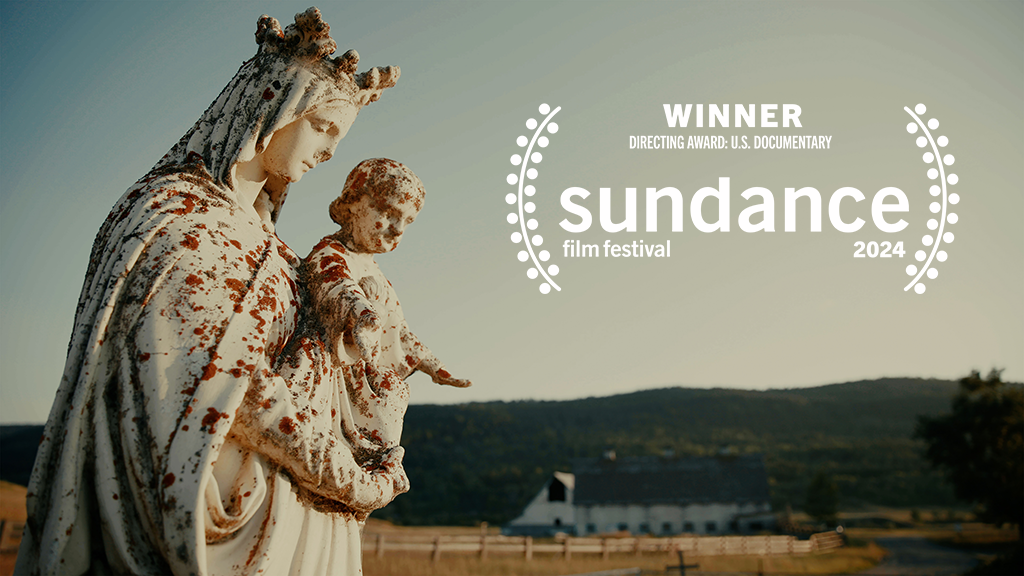
Emily Kassie has won a coveted Sundance Film Festival Award for co-directing a film on abuse at a residential school for Indigenous young people in Canada.
"These directors helped illuminate the urgency of history and the interconnected, multi-generational crimes experienced by a community."
Sundance Film Festival
A Gates Cambridge Scholar has won the US Documentary Directing Award at the Sundance Film Festival for an investigation into systematic abuse at an Indian residential school in Canada.
Emily Kassie co-directed the film Sugarcane. Described as “a gripping investigation of unmarked graves at an Indian residential school”, it uncovers a litany of forced family separation, physical and sexual abuse at a school run by the Catholic Church and the impact that has on survivors and descendants, including the film’s co-director Julian BraveNoiseCat. Emily also co-produced the film with Kellen Quinn.
Sugarcane focuses on the Saint Joseph Mission School, one of 139 residential schools for Indigenous children that operated in Williams Lake, British Columbia. The aim of schools like Saint Joseph’s was the assimilation of young Indigenous people by removing them from their communities and suppressing their traditional languages, cultural practices and identities.
The film had its world premiere at film festival on 20th January. The jury praised its “sensitive cinematography, careful producing and editing that interweaves multiple narratives” and “its important voice for truth and healing”.
The jury citation states: “These directors helped illuminate the urgency of history and the interconnected, multi-generational crimes experienced by a community.”
The Awards Ceremony took place in late January in Utah. This year was the 40th edition of the renowned Festival. The award-winning films were screened at the Festival last weekend.
Emily [2016], who did her master’s in International Relations at the University of Cambridge, is an Emmy and Peabody-nominated investigative journalist and filmmaker. She has won numerous awards for her films which cover geopolitical conflict, humanitarian crises and the stories of people caught in the crossfire for The New York Times, Netflix, PBS Frontline and The Guardian, amongst others. Her recent directing credits include Undocumented in the pandemic [PBS], The end of oil explained [Netflix] and Anatomy of Hate [Time]. Emily previously oversaw visual journalism at Highline, Huffington Post’s investigative magazine, and at The Marshall Project. In 2019, POYi recognized her as Multimedia Journalist of the Year, and in 2020 she was named i the Forbes “30 Under 30” list.












